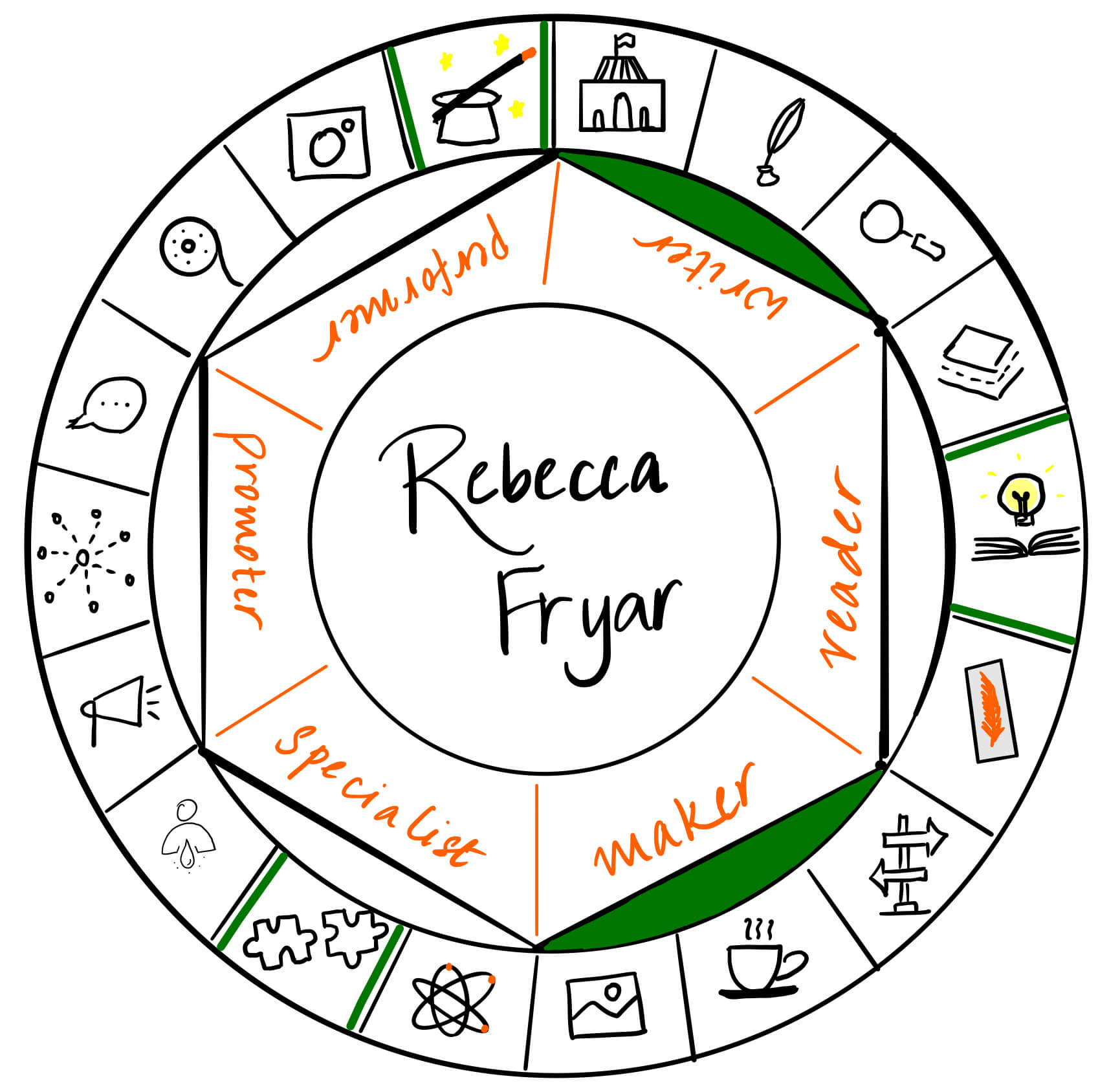
It’s time for another Creator’s Roulette! Today I have Rebecca Fryar with me and she is telling us about RevPit. A writer of adult fantasy, Rebecca lives in Arkansas. She is currently not represented by any literary agency. She writes novels, short stories, and poems, and also draws and paints. She also tries to garden, but the less said about that, the better. She has taken part in RevPit. Let’s learn from her experience!
What is RevPit?
RevPit is a contest in which writers can enter to win a developmental edit of their manuscript from one of the participating ReviseResub editors. ReviseResub has been around since 2017, and the contest gains in popularity every year.
It takes place in mid-April. To apply, you’ll need a completed manuscript that is as good as you can make it with the help of CPs and/or Beta readers. You’ll need a query letter and the first five pages for your submission package, and a one-page synopsis is recommended. You’ll likely be asked for it if your manuscript is requested. Additionally, the editors usually ask a few general questions about you as a writer and your editing preferences. Expect more questions about your visions and what you will and will not change if you are asked to submit your manuscript.
If you’ve not written a query letter before, the website contains a short description of how to write one. Basically, the letter should provide a good hook (that juicy bit of your story that would entice a reader) followed by a concise pitch for your book. Who is your main character? What do they want? What’s stopping them from getting what they want? What will the risk to get what they want? What will the win if they get what they want? What will they lose?
Once you have your submission package prepared, you’ll get a choice of two editors to send to and a third editor in case your first editor choices cap their submissions. In general, this contest fills up fast. It’s best to enter early to get your top choices.
The prize is a developmental edit of your manuscript, editorial advice during your revision process, and the contest finishes with an agent showcase.
How should you prepare for this contest?
I wish I could say I’ve had some success in this contest so I could tell you how to prepare to work with one of the editors one on one, but I haven’t. Not a single request for more materials. I was lucky enough to get feedback on my query letter one year as I was a ten-queries recipient, but editors are not required to give feedback and not all of them will. Unless you are short-listed, don’t hope for much. It’s a tight window for them too—they need to prepare an edit of an entire manuscript and get it to their winners as soon as they can.
It’s a tight window for revisions, too. Once a winner gets the edit letter, they should expect to get right to work. It’s fast-paced. That’s probably a good question to ask yourself before going into this contest. How fast can you take feedback, process it into a plan, and revise? Are you comfortable with having to rewrite whole scenes and even redraft parts of your book and polish them in say four to six weeks? Not saying that you’ll have to rewrite your whole book—but this is developmental editing, not line editing or proofreading.
Developmental editing focusses on the big picture of your manuscript. Instead of picking apart the prose, this is picking apart story structure, motivations, pacing, scene plotting, and overall story cohesiveness. That means tearing a book apart and putting it back together. That’s one reason I recommend being ready to go right to work once you get an edit letter. So yeah, you’ll be rewriting.
For that same reason, I recommend not polishing your story right up to the submission window if you can help it. Be done and working on something else when you enter. Being able to enter a story where you already have a professional distance will make it easier to handle developmental feedback. It also gives you a plan to move forward if you don’t get in. Have your next feedback rounds lined up and take those two weeks of RevPit waiting to give yourself a reading break. Play with short stories. Enjoy the company of your fellow writers. Relax and don’t worry about getting in or not getting in. You’ll have a plan regardless.
So how much change to your manuscript should you expect? Possibly a lot. However, editors are choosy about the stories they pick, and much of that has to do with how they feel they can best advance the vision of the writer. It’s a joint decision on how changes are made and why—so you shouldn’t be afraid you’ll be asked to make changes without having ultimate control of your manuscript.
It is not necessary to have your manuscript professionally edited before querying. Why should you consider this contest if you are looking to be traditionally published?
This is developmental editing, not line-editing. You’re getting some well-trained eyes on your work and learning how you can process that feedback and articulate your vision clearly. That’s a useful thing whether you want to be traditionally published or chose self-publishing.
That’s if you win.
Obviously, a lot of people don’t win. Most people won’t get a single request for additional material, and editors are not required to give feedback, even on requested material, although many of them do. So why enter when the odds of getting chosen are low?
I would suggest it’s for the networking. This year we saw a lot of community activity around trading pages and queries, which gives a writer a chance to meet other writers in their genre and look for potential critique partners and Beta readers. Use the opportunity to forget about winning for a while, and just enjoy reading for other writers, and picking up the pearls of writing wisdom that are dispensed by the editors. If you make entering a contest all about winning, you’ll miss out on what’s important—learning, improving, and most of all, being proud of what you write while knowing that you’ll only get better with more time and practice.

What can you learn from winning RevPit? How can winning improve your writing?
I asked a few of this year’s winners about how they felt working with a developmental editor in this contest improved their writing. First of all, every last one of them has been incredibly busy with editing. Some of them posted threads to keep track of their progress this year, and to the tweet, they’ve been busy.
When I talked to K. J. Harrowick, editor Carly Hayward’s choice this year, she told me that she felt all RevPit winners go into the contest with a lot of craft knowledge already. But working with an editor allows them to expand their knowledge into areas they are either missing or not seeing.
Working with her editor has helped her see how techniques can be misapplied or misfired in the execution. She’s also found an editor to be helpful in showing her where her story needed to be simplified to remove some over-complicated things.
She also expressed appreciation to have someone who is dedicated to the story. Instead of general feedback, she has been able to get precise details on why her writing strategy wasn’t working and how it can be shifted to have stronger execution.
I also spoke to Noreen, editor Megan Record’s choice this year. She said that the biggest positive for her has been guidance on how to shape the story structurally and also to plot it in a manner she hopes will result in requests for her manuscript.
Just one more reason to participate in RevPit—if you are in the market for an editor for your manuscript, most of the editors offer reduced prices for RevPit contestants after the contest is over. In the lead up to RevPit, most editors offer discussions of submission problems they have seen and advice on how to improve your query and pages. It’s a good opportunity to get to know the editors and decide on who might be a good fit for your work someday!
Have you taken part on RevPit? If yes, what did you love about this community competition? If not, do you plan to?
Interested in connecting with Rebecca? Find her on Twitter and catch up on her writing on her website.

Banner: Photo by Art Lasovsky on Unsplash

Be First to Comment